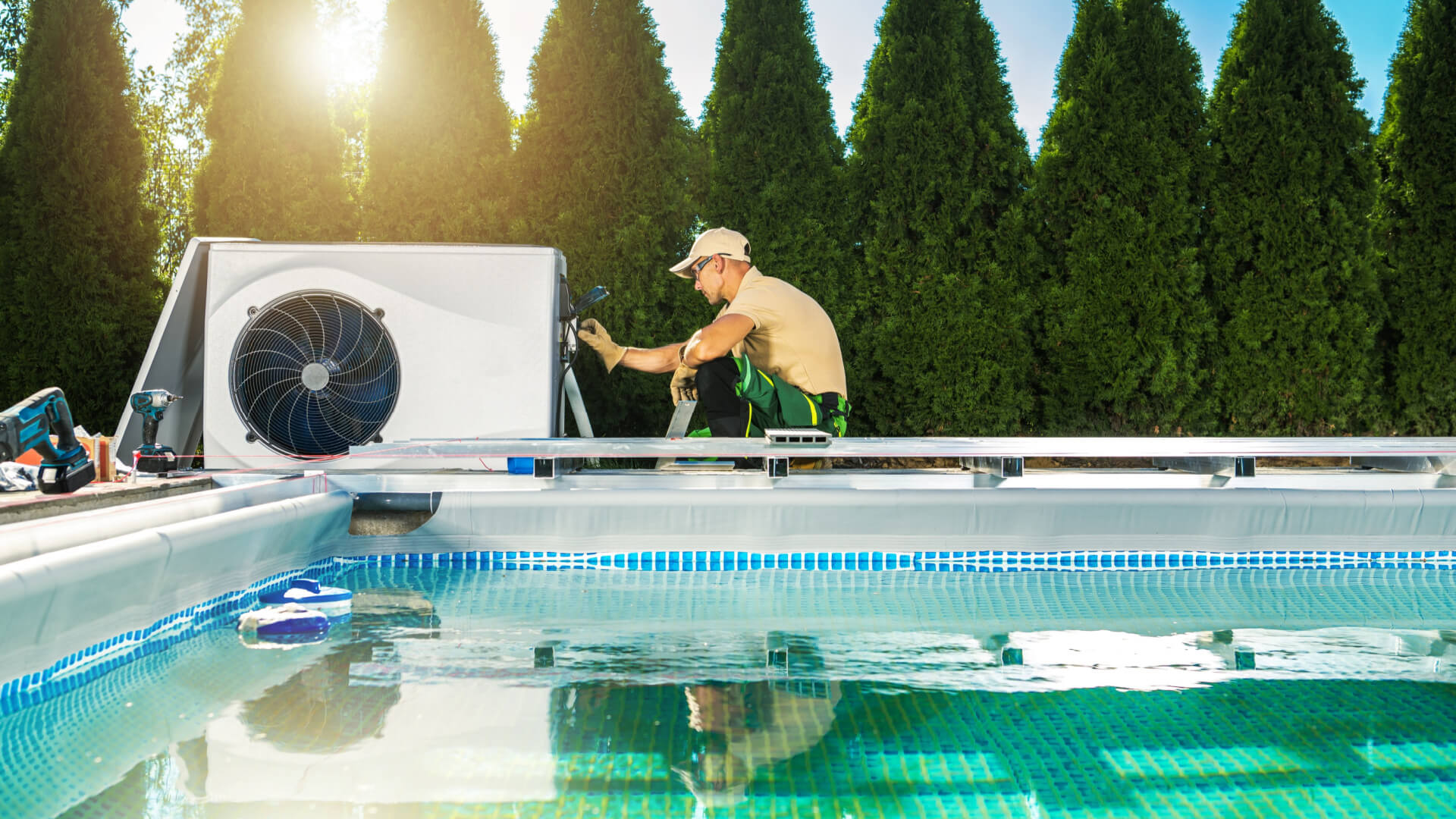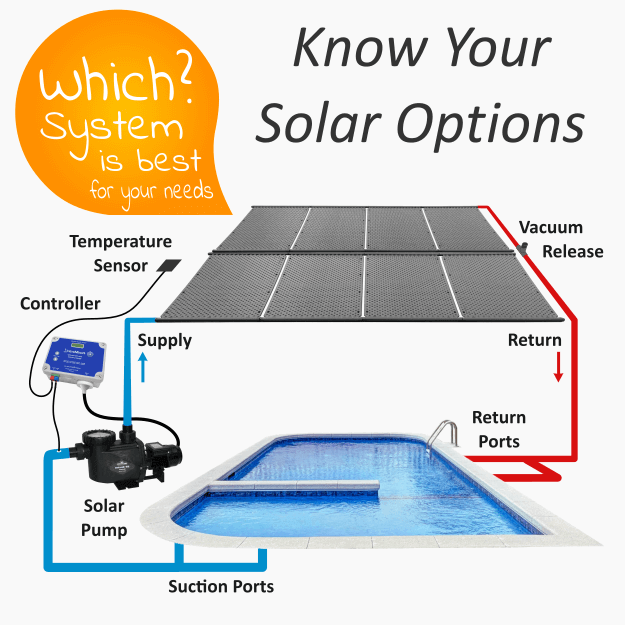Pool Heizen: The Ultimate Guide to Heating Your Swimming Pool
Having a swimming pool is a wonderful way to enjoy the outdoors, but what happens when the water is too cold to enjoy? This is where **pool heating** comes into play. In this guide, we’ll explore various methods to efficiently warm your pool, ensuring that every swim is a delightful experience, regardless of the season.
Benefits of Heating Your Pool
Heating your pool can significantly enhance your swimming experience. It opens the waters for use in cooler months, allowing for year-round enjoyment. The **benefits of pool heating** don’t just stop at comfort; they also include improved hygiene, as warmer water can reduce algae growth, and increased property value, making your home more appealing to potential buyers.
Extending Swim Season
One of the primary reasons for investing in a **pool heater** is the ability to extend your swimming season. With temperatures in many regions dropping in autumn and winter, a heated pool allows you and your family to enjoy it even when outdoor conditions are less than ideal. Families can swim until late fall or even throughout winter, turning chilly nights into excellent opportunities for relaxation or fun pool parties.

Improved Water Quality and Comfort
Heated pools can lead to better water comfort levels, as warmer water can be more soothing for your body. Moreover, warmer temperatures promote improved sanitation. This is particularly beneficial for families with young children or those planning to use the pool frequently. Furthermore, adjusted temperatures help perform **maintenance tasks** more effectively, keeping the pool in ideal condition.
Types of Pool Heaters
Understanding the different types of heaters available will help you choose the best option for your structure and lifestyle. There are three primary types of **pool heating** systems: gas, electric, and solar, each with its unique advantages and disadvantages.
Gas Pool Heaters
Gas heaters are an excellent choice for those who want to heat their pool quickly. Using natural gas or propane, they can raise the water temperature significantly in a relatively short amount of time. However, operational costs can add up, potentially leading to higher energy bills over time. Gas heaters work best for those prioritizing speed and convenience over energy efficiency.
Electric Heat Pumps
Electric heat pumps are another popular option. These systems are energy-efficient and can be an environmentally friendly solution. Operating at lower energy costs, electric heat pumps use a compressor to capture heat from the surrounding air. Although they are not as powerful as gas heaters, they provide a constant temperature that can be maintained efficiently.
Solar Pool Heaters
If you’re looking for a sustainable option, **solar pool heaters** may be the right fit. By capturing sunlight through solar panels, these heaters use renewable energy to warm your pool. While the initial investment can be higher, the long-term savings on energy bills can offset this. They’re best suited for sunny areas with plenty of sun exposure throughout the day.

Installing Your Pool Heater
Once you’ve chosen the right type of heater for your pool, proper installation is crucial. Each type of heating system will have specific installation requirements, but knowing the general steps involved can help you navigate the process efficiently. Regardless of the choice made, ensuring professional installation is often recommended.
Preparation for Installation
Before installation, ensure that your pool area is cleared and accessible for contractors. It’s also wise to check if any necessary permits need to be obtained based on your local codes before installation. Keep in mind, whether you’re installing a gas heater or **solar heating system**, the placement can affect operational efficiency and safety.
Basic Installation Steps
While professional installation is usually the best way to ensure a seamless experience, if you’re opting to install it yourself, here’s a condensed guide to follow:
- Secure all necessary materials and tools.
- Connect the heater to the existing pool filtration system.
- If using a gas heater, connect it to the gas line, ensuring all safety protocols are met.
- For electric heat pumps, ensure a proper electrical connection is established based on local regulations.
- Fill the pool, double-check all connections, and power on the heater.
Maintenance Tips for Your Pool Heater
Regular maintenance is vital to ensure your *pool heater* operates efficiently and lasts for many seasons. Each heating system requires specific maintenance procedures. However, there are general practices applicable to all heater types that can enhance their longevity and performance.
Routine Inspections
Inspect your pool heater every few months. Look for signs of wear and tear, unusual noises, or leaks. If you notice any issues during your inspection, it’s important to address them immediately to avoid any extensive damage. Regularly checking your **pool heating system** contributes proactively to maintenance and can highlight problems early.
Cleaning the System
Keeping your *pool heater* clean is essential. For gas heaters, make sure that any debris, dirt, or corrosion near the unit is cleaned away regularly. Likewise, with solar heaters, remove any accumulated leaves or dirt on solar panels. A clean system heats more effectively, which translates to long-term cost savings due to improved operational efficiency.
Key Takeaways
- Heating your pool extends the swimming season and enhances water quality.
- Choose from various types of heaters: gas, electric, or solar.
- Proper installation and regular maintenance are key for longevity and performance.
- Utilizing a professional service can ensure the effective setup of your pool heating systems.
FAQ
1. What is the most efficient type of pool heater?
Generally, a **solar pool heater** is considered the most efficient type regarding energy use since it utilizes renewable resources. However, for fluctuating temperatures, electric heat pumps may serve as a balanced alternative offering efficiency and reliability.
2. How do I maintain my solar pool heater?
To maintain a solar pool heater, regularly inspect the panels for any blockages or damage, and clean them to ensure efficacy. Checking and clearing any debris helps maintain optimal performance and extending the system’s lifespan.
3. Can I install my pool heater myself?
While some individuals may successfully install an above-ground pool heater themselves, it’s often advisable to hire a professional. A professional ensures compliance with local regulations and precise connection to the pool’s filtration and circulation systems.
4. How much does it typically cost to heat a pool?
The costs can vary significantly based on the type of heater, installation fees, and local energy rates. Gas heaters tend to have higher operational costs while electric and solar systems may incur fewer expenses over time depending on use.
5. How long does it take for a pool heater to warm the water?
The time required for a pool heater to warm the water depends on its type, size, and outdoor temperatures. Typically, gas heaters can raise the temperature more rapidly, taking several hours, while electric or solar systems may require a full day to achieve significant warmth.
6. Are there any eco-friendly pool heating options?
Yes! Solar pool heaters are a fantastic eco-friendly choice as they rely on renewable solar energy. Electric heat pumps, which use ambient air heat to warm pool water, are also considered an environmentally friendly option compared to traditional gas heaters.
7. What temperature should my pool be set at?
Ideal pool temperature varies from person to person, but a common comfortable range is between 78°F to 82°F (25-28°C). You may opt for slightly warmer temperatures for children and the elderly, as they tend to enjoy higher warmth levels.
By considering the various aspects of pool heating outlined in this guide, you’ll be well on your way toward making informed decisions that enhance your overall swimming experience. Don’t hesitate to consult professional services for the best results or reach out for more advanced advice as your needs evolve.
